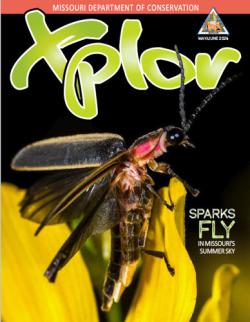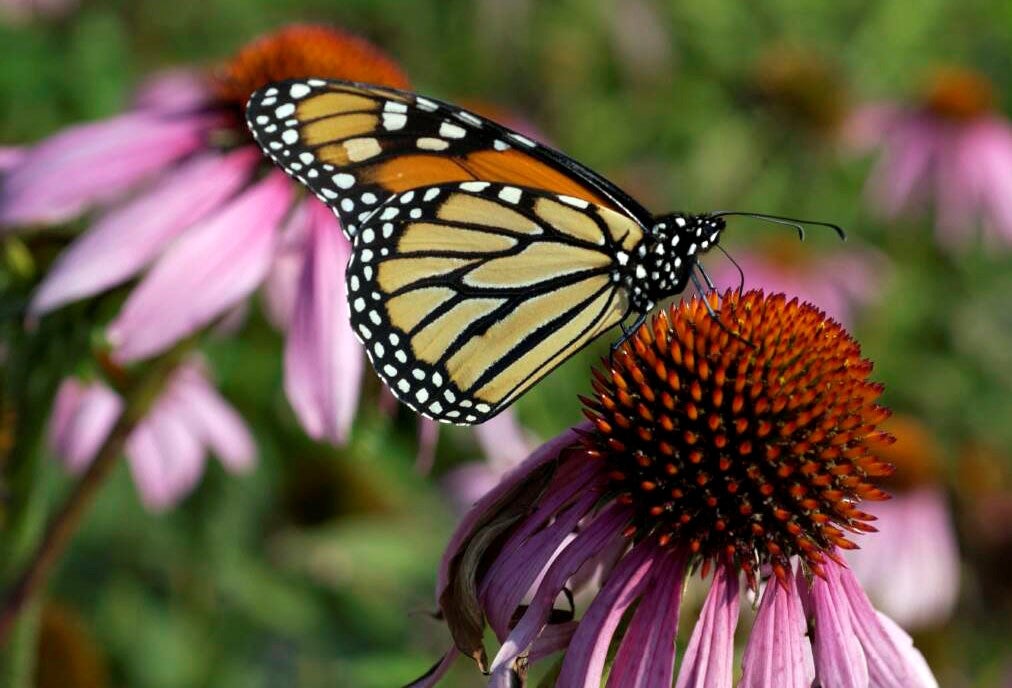
Xplor reconnects kids to nature and helps them find adventure in their own backyard. Free to residents of Missouri.


































Stay in Touch with MDC news, newsletters, events, and manage your subscription

Xplor reconnects kids to nature and helps them find adventure in their own backyard. Free to residents of Missouri.

A monthly publication about conservation in Missouri. Started in 1938, the printed magazine is free to residents of Missouri.




St. Joseph, Mo. – Landowners in northwest and west central Missouri can tap a revenue source through the USDA’s Natural Resources Conservation Service (NRCS) program called PRIME, an acronym for Program Restoring and Improving Monarch Ecosystems. The Missouri Department of Conservation (MDC) can help connect landowners with the program and offer expertise on management practices that help monarch butterflies and all pollinators. PRIME aims to increase monarch and pollinator habitat through land management practices and short-term land rental payments.
“Missouri’s PRIME will not only financially benefit participating landowners, but can also benefit the monarch butterfly by providing the necessary habitat for growing healthy caterpillars and providing the food for migrating adults, said Bill White, MDC community and private land conservation branch chief.
Landowners can apply to NRCS for the PRIME program through May 20. Partners in the USDA’s Regional Partnership Program include MDC, Pheasants Forever and Quail Forever, and the Saint Louis Zoo. PRIME will target lands currently enrolled in and expiring from the Conservation Reserve Program (CRP). Maintaining and restoring diverse native plant communities is a key goal.
Counties qualifying for the program include: Andrew, Atchison, Benton, Buchanan, Caldwell, Carroll, Cass, Clay, Clinton, Daviess, DeKalb, Gentry, Grundy, Harrison, Holt, Jackson, Johnson, Lafayette, Livingston, Mercer, Nodaway, Pettis, Platte, Ray, Saline, and Worth.
Western Missouri serves as one of the critical monarch butterfly migration corridors as populations head south in late summer and begin returning north in the spring. One of their primary migration routes bisects northwest Missouri and is referred to as the I-35 Monarch Migration Corridor. Preserving native prairie remnants helps monarchs, other pollinators, and grassland birds. But so does providing parcels with restored wildflowers and grasses. Habitat loss is the leading cause of a significant decline in monarch butterfly populations since the 1990s.
To learn more about PRIME or to apply, contact your local NRCS service center, or contact Marilyn Gann at Maryilyn.Gann@usda.gov or at 573-876-9398.
To connect with a MDC private land services expert with questions about PRIME or any habitat management issue, call your local MDC office. For more information about how MDC can assist with habitat management goals, visit https://short.mdc.mo.gov/4ZR.